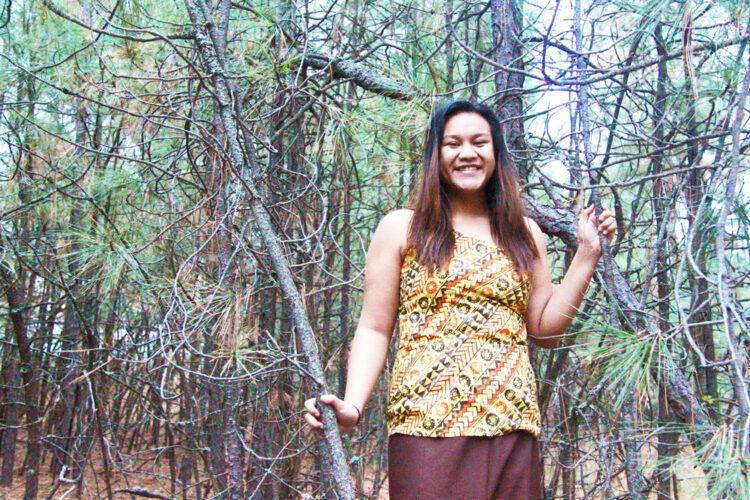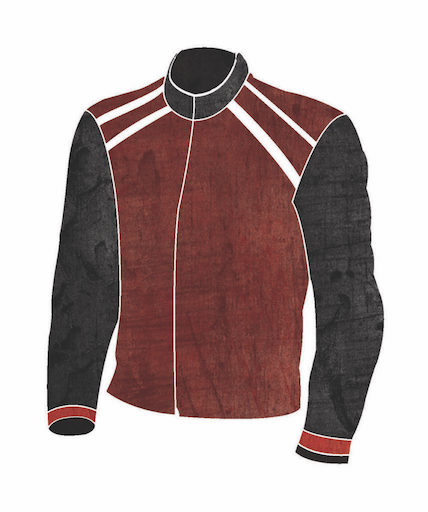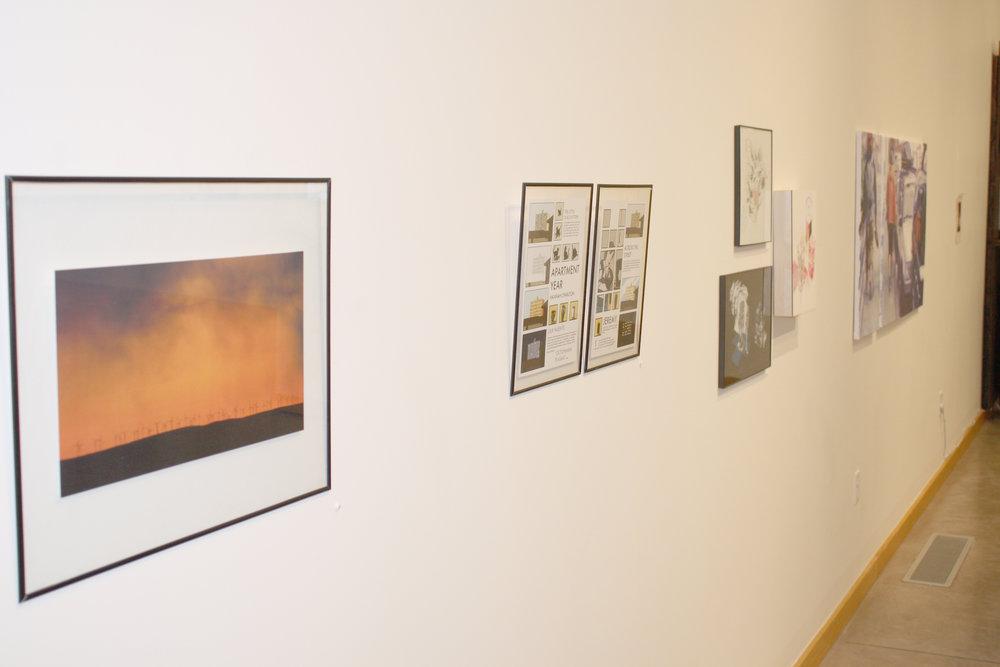In Samoan culture, freshman Apolonia Fealofani is the equivalent of a princess. At Whitworth, she goes by Nia. Back home, though, the people of the village of Savai’i know her as the granddaughter of the High Order Chief.
Her grandparents believe education is important, and therefore sent Fealofani to a Christian boarding school in Oahu, Hawaii.
She attended the school until it closed her sophomore year due to lack of funding. At that point, her parents bought an apartment in Oahu to allow Fealofani to attend public school in the U.S.
Fealofani’s education has been geared toward a specific goal throughout her whole life, as her family has always wanted her to go into medicine, she said.

“They put me into a mindset where I loved science and wanted to be a medical doctor,” Fealofani said. “After coming to Whitworth, I realized that I’m not that great at science. I struggle in biology, and that’s been hard.”
Even with all of their expectations, Fealofani said that the pressure from her family does not bother her.
“I know other people think it’s pressure, but to me, I think pressure is self-inflicted,” Fealofani said. “That’s my motto. I know that they’re pressuring me into medicine and all that, but it doesn’t seem like it to me, because I learned to love science eventually after all those years of schooling. It’s not so much pressure anymore, because I have passion in the field.”
Fealofani has already been re-evaluating some of the life decisions that come with college and choosing a career path.
“Also, I’ve been challenged socially,” Fealofani said. “People have been asking me, ‘What do you want to do? You know what your village wants, but what do you want to do?’ Just having them ask me freaks me out, because I don’t know what I want. Now, I’m thinking again about what I really want to do with my life.”
One might expect life as the granddaughter of the High Order Chief to be weighted with numerous responsibilities. However, Fealofani has only one responsibility right now, she said.
“The only responsibility I have now is going home with a degree,” Fealofani said. “Eventually, my responsibility will be to start a clinic. We have a medical clinic there, but it’s not as advanced, so my grandparents want me to come back and improve medicine and make it more available to people on our side of the island.”
Growing up, however, Fealofani sometimes had other responsibilities. When a tsunami killed three-fourths of Fealofani’s village population in 2009, she rushed home, she said.
“It happened on a Thursday, and Saturday was the first day they were letting flights out, so I flew home on Saturday,” Fealofani said. “We were cleaning up and rebuilding, looking for people, clearing debris.”
The next day after her arrival, their Sabbath, was a lot like any other Sunday, Fealofani said.
“Sunday we all showed up to church. It was weird, because the only building that was intact, actually still standing was our church,” Fealofani said. “The windows were gone, and everything had floated out through the doors, but it was still a building. Everyone showed up there. We all sat crisscross applesauce on the ground and we held service and prayed and our pastor was there.”
The closest person she lost in the tsunami was a childhood friend of hers who was only 16 years old, Fealofani said.
“She ran back to the village to get her grandmother, but she didn’t know that her grandmother was gone for the week,” Fealofani said. “On the way back, she got caught on a big piece of debris and it tore through half of her thigh.”
Fealofani’s friend made it back to safety, but they had to amputate her leg. Because the Red Cross had not yet come, the leg became infected and her friend died. Fealofani’s personal experience with the tsunami really impacted her, she said.
“In America they said that only 150 people were killed,” Fealofani said. “They were only counting the American citizens. Really, it was about 300-400 people that died, so that really hit home for me. I realized that nobody really cares for you unless you’re an American. Unless you’re actually educated, you’re basically nothing, and I didn’t want that for my people.”
The tsunami has influenced Fealofani’s hopes for the future of her village, she said.
“I just hope for my village to get on the map,” Fealofani said. “I want people to know that we’re there, because no one ever knows about us until something significant happens. I want that something significant to be because of the medicine there. I want people to know the name of my village if they need something.”
Contact Alyssa Brooks at abrooks17@my.whitworth.edu










 Spokane?
Spokane?